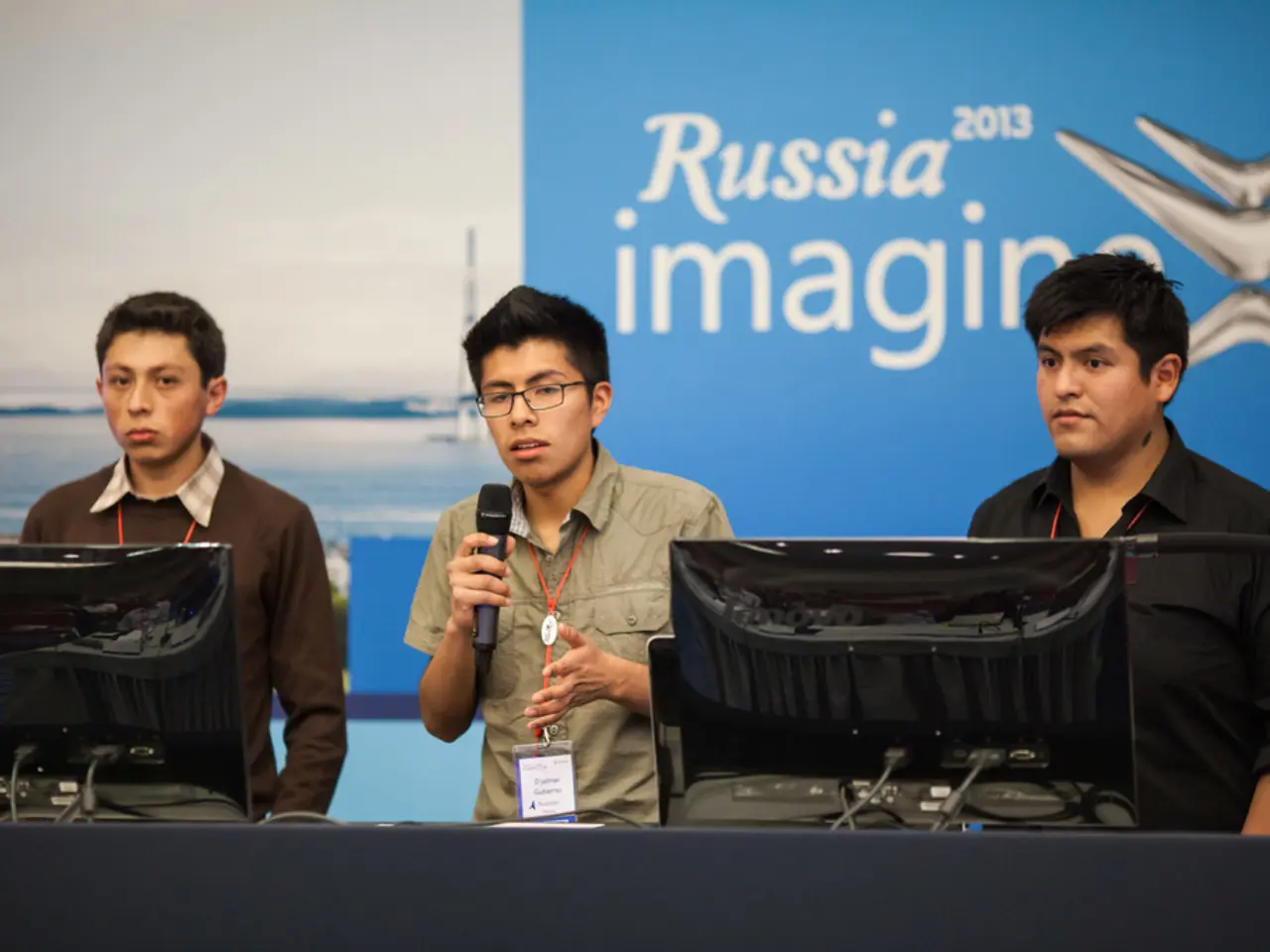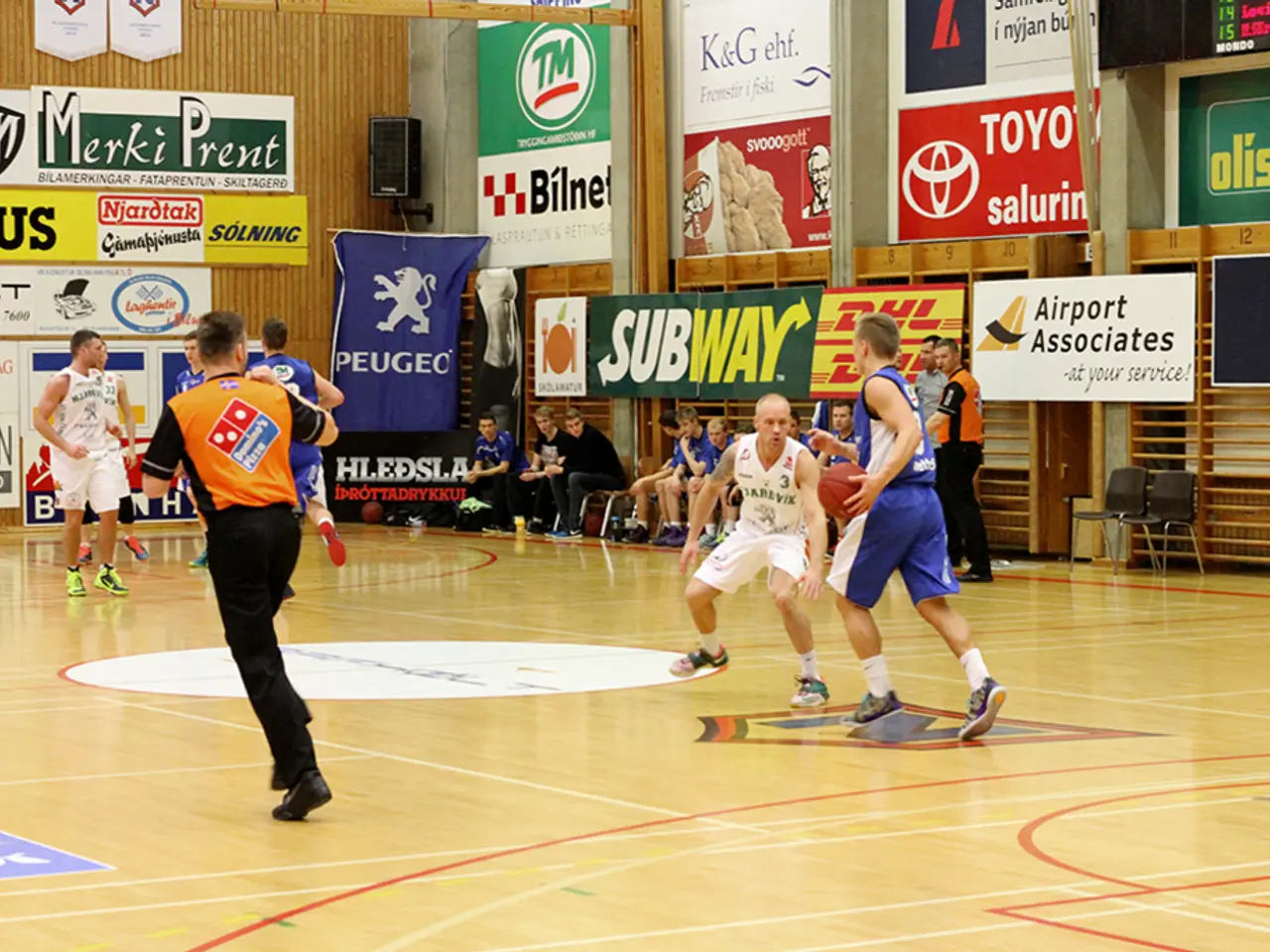Advocating Unity in Europe's Immigration Controversy: The Role of Labor Unions
In the summer of 2015, a wave of migration swept across Europe, leading to a persistent struggle concerning migration and asylum policies that continues to the present day. During this time, trade unions in Europe demonstrated the power of solidarity-based strategies, offering essential lessons for addressing migrant challenges and advocating for policies that combine humanitarian aid with labour market integration.
One key lesson from 2015 is the importance of solidarity beyond borders. Union support went beyond national frameworks, linking organisations across countries to provide direct assistance and advocate for migrant rights amid restrictive controls and increasing criminalization of solidarity acts. This transnational solidarity can be mobilized today to counter the hardened and fragmented migration policies seen across Europe since 2015.
Another crucial lesson is the advocacy for inclusive labour integration. Given Europe’s growing labour shortages, unions can push for policies that enable migrants to legally access and integrate into the labour market. This pragmatism addresses demographic challenges and counters narratives that instrumentalize migration politically.
The 2015 crisis also highlighted the need to challenge punitive legal frameworks. Solidarity actors risk criminalization under EU laws aimed at stopping illegal migration, like the Facilitation Directive. Unions can campaign for safeguards protecting humanitarian assistance and push back against escalating criminalization of migrant aid.
Building political influence through public solidarity was also evident in 2015, with unions playing a role in fostering social acceptance. Reinvigorating such public solidarity against the widespread anti-immigration sentiment that has intensified since is crucial for influencing current policies.
Applying these lessons in today's context means that trade unions should renew transnational solidarity networks to provide migrant support amid ongoing conflicts and economic uncertainty. They should advocate integrated migration and labour policies addressing both humanitarian needs and economic realities, thereby mitigating political instrumentalization of migrants. Unions should also engage broader civil society and public opinion to rebuild a political climate supportive of migrant inclusion and solidarity, countering rising xenophobia and anti-immigrant policies across Europe.
These approaches help trade unions remain relevant political actors in migration debates by balancing solidarity with pragmatic labour market integration goals while resisting restrictive EU migration frameworks. Romin Khan, responsible for migration policy at the trade union ver.di, called for trade unions to play a stronger role in shaping migration policy at the national level and to increase their political visibility on the topic.
Two simultaneous processes are currently evident in German migration policy: recruitment offensives and an increasingly restrictive asylum policy. The election campaign at the beginning of the year was dominated by a radicalized discourse on migration. Protests against the deportation of colleagues, organized by works councils, have occurred and continue to occur frequently.
In February 2024, the DGB and the Friedrich-Ebert-Foundation held a conference on immigration, with a focus on advocating for solidarity-based migration policy strategies within trade unions. In 2023, Germany passed the Skilled Immigration Act, aiming to encourage targeted immigration.
However, the migration policy in both the United States and Europe is currently at a crucial juncture, with intensifying crackdowns and protests. These measures, such as increasing deportations and refoulement, and introducing fast-track procedures at Europe's external borders, are intended to prevent a repetition of the refugee movements of 2015. The task now is to advocate for solidarity-based migration policy strategies, expand them, and raise the labor unions' profile in public migration debates.
DGB Chairwoman Yasmin Fahimi emphasized that Germany is an immigration society, and solidarity in the world of work is an important contribution to the "urgently needed welcoming culture". The integration of refugees in the workplace led to relatively little conflict and fostered new forms of solidarity among the existing workforce. The deportation of a ver.di trade union colleague was prevented in April 2024, showcasing that solidarity structures still work today.
In conclusion, the experiences of 2015 can be interpreted as essential for the long-term consolidation and expansion of solidarity-based strategies. By learning from these experiences, trade unions can continue to play a crucial role in shaping migration policies that promote inclusion, solidarity, and labour market integration.
- Trade unions in Europe, demonstrated in 2015, the power of solidarity-based strategies in addressing migrant challenges and advocating for policies that combine humanitarian aid with labour market integration.
- The transnational solidarity shown by unions during the migration crisis in 2015 can be mobilized today to counter the hardened and fragmented migration policies seen across Europe since.
- Unions can campaign for safeguards protecting humanitarian assistance and press for reforms in laws aimed at stopping illegal migration, like the Facilitation Directive.
- To rebuild a political climate supportive of migrant inclusion and solidarity, unions should engage broader civil society and public opinion, countering rising xenophobia and anti-immigrant policies across Europe.







